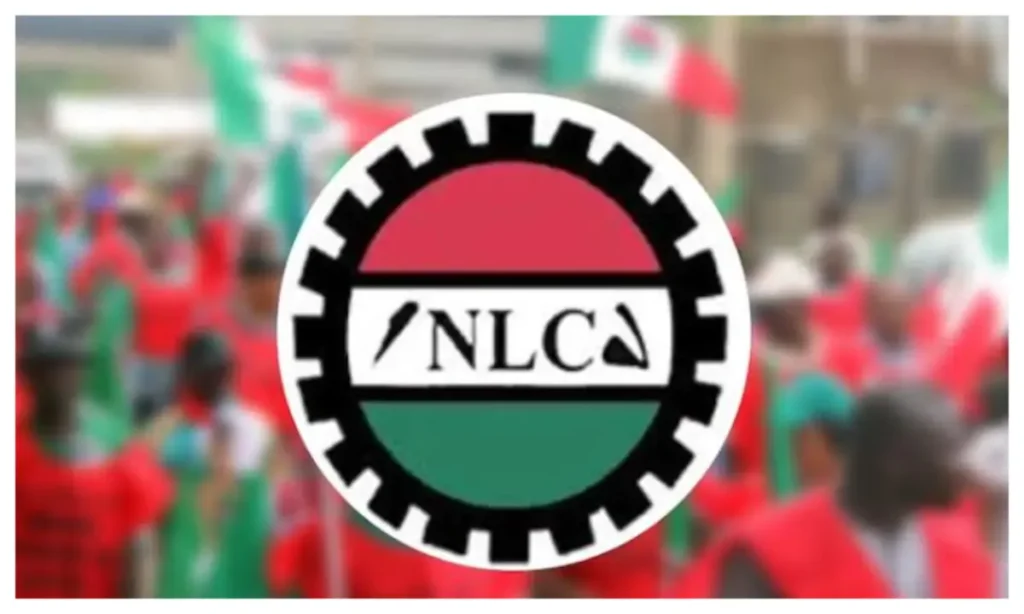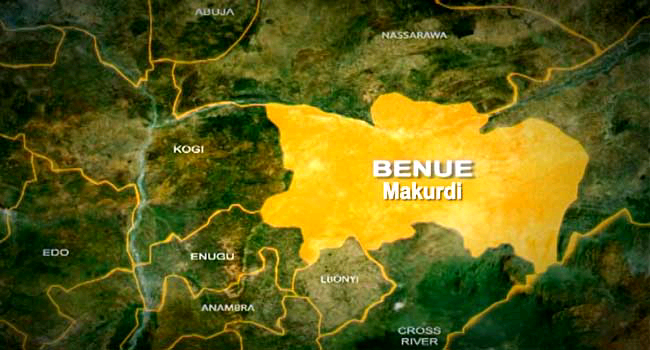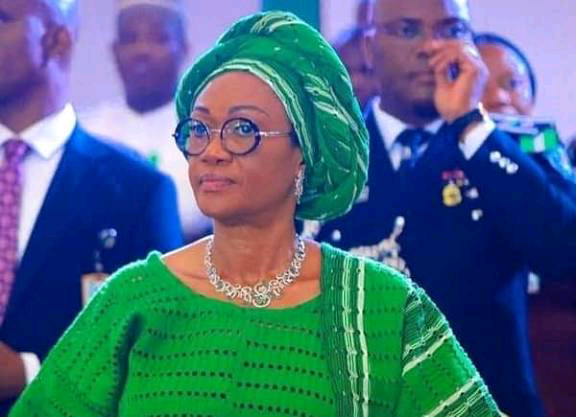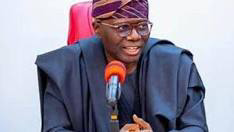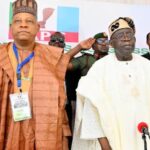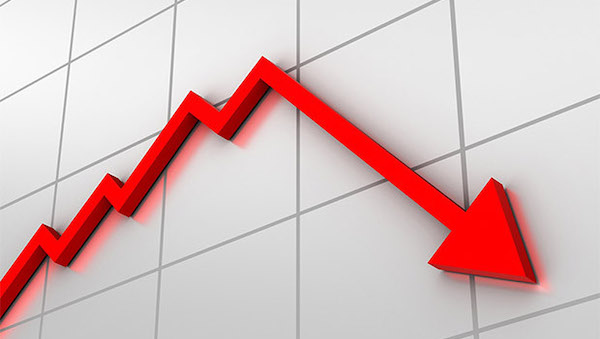IMF Concludes Nigerian Visit over Economic Outlook
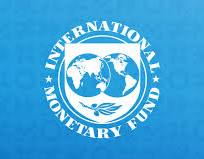
International Monetary Fund (IMF) delegation, led by mission chief Axel Schimmelpfennig, concluded a two-week visit to Nigeria on April 15th, engaging key government officials and International Monetary Fund (IMF) delegation, led by mission chief Axel Schimmelpfennig, concluded a two-week visit to Nigeria on April 15th, engaging key government officials and stakeholders in discussions surrounding the country’s economic outlook.
The visit, part of the 2025 Article IV Consultations, saw the IMF team confer with Minister of Finance and Coordinating Minister of the Economy, Wale Edun, alongside Ministers Abubakar Kyari (Agriculture & Food Security) and Yemi Cardoso (CBN Governor), as well as representatives from the environmental ministry, private sector, academia, labour organizations, and civil society groups.
Following extensive deliberations, Schimmelpfennig acknowledged substantial progress made by the Nigerian government in bolstering economic stability and prospects for expansion. He highlighted the discontinuation of direct lending to the government by the Central Bank, the elimination of the fuel subsidy program, and enhancements to how foreign currency is traded as pivotal achievements.
However, the IMF cautioned that the positive impacts of these changes are yet to be universally experienced, noting persistent challenges with poverty levels and food supply. The global economic climate also presents headwinds, with fluctuating oil prices and global economic anxieties posing risks to Nigeria’s progress.
According to Schimmelpfennig, the government’s actions since last year have better equipped the economy to weather these external pressures. Looking forward, the IMF advocated for robust economic policies that build financial safeguards, increase resistance to shocks, and stimulate private sector growth. The Nigerian authorities communicated their commitment to adjusting the 2025 national budget in response to potential declines in international crude oil revenues.
Specifically, the IMF recommended a balanced fiscal strategy to complement the Central Bank’s efforts to control rising prices. Savings generated from the removal of fuel subsidies should be redirected into the national budget to preserve vital investments, the IMF advised.
The organization also stressed the importance of the CBN maintaining a restrictive monetary approach to effectively curb inflationary pressures.
Schimmelpfennig praised the monetary policy committee’s reliance on data-driven decision-making, describing it as beneficial for navigating the current uncertain economic landscape. He further suggested prioritizing investments that foster long-term expansion alongside increased and broader disbursement of cash transfers facilitated by World Bank support to offer relief to vulnerable populations impacted by food shortages. stakeholders in discussions surrounding the country’s economic outlook.
The visit, part of the 2025 Article IV Consultations, saw the IMF team confer with Minister of Finance and Coordinating Minister of the Economy, Wale Edun, alongside Ministers Abubakar Kyari (Agriculture & Food Security) and Yemi Cardoso (CBN Governor), as well as representatives from the environmental ministry, private sector, academia, labour organizations, and civil society groups.
Following extensive deliberations, Schimmelpfennig acknowledged substantial progress made by the Nigerian government in bolstering economic stability and prospects for expansion. He highlighted the discontinuation of direct lending to the government by the Central Bank, the elimination of the fuel subsidy program, and enhancements to how foreign currency is traded as pivotal achievements.
However, the IMF cautioned that the positive impacts of these changes are yet to be universally experienced, noting persistent challenges with poverty levels and food supply. The global economic climate also presents headwinds, with fluctuating oil prices and global economic anxieties posing risks to Nigeria’s progress.
According to Schimmelpfennig, the government’s actions since last year have better equipped the economy to weather these external pressures. Looking forward, the IMF advocated for robust economic policies that build financial safeguards, increase resistance to shocks, and stimulate private sector growth. The Nigerian authorities communicated their commitment to adjusting the 2025 national budget in response to potential declines in international crude oil revenues.
Specifically, the IMF recommended a balanced fiscal strategy to complement the Central Bank’s efforts to control rising prices. Savings generated from the removal of fuel subsidies should be redirected into the national budget to preserve vital investments, the IMF advised. The organization also stressed the importance of the CBN maintaining a restrictive monetary approach to effectively curb inflationary pressures.
Schimmelpfennig praised the monetary policy committee’s reliance on data-driven decision-making, describing it as beneficial for navigating the current uncertain economic landscape. He further suggested prioritizing investments that foster long-term expansion alongside increased and broader disbursement of cash transfers facilitated by World Bank support to offer relief to vulnerable populations impacted by food shortages.


